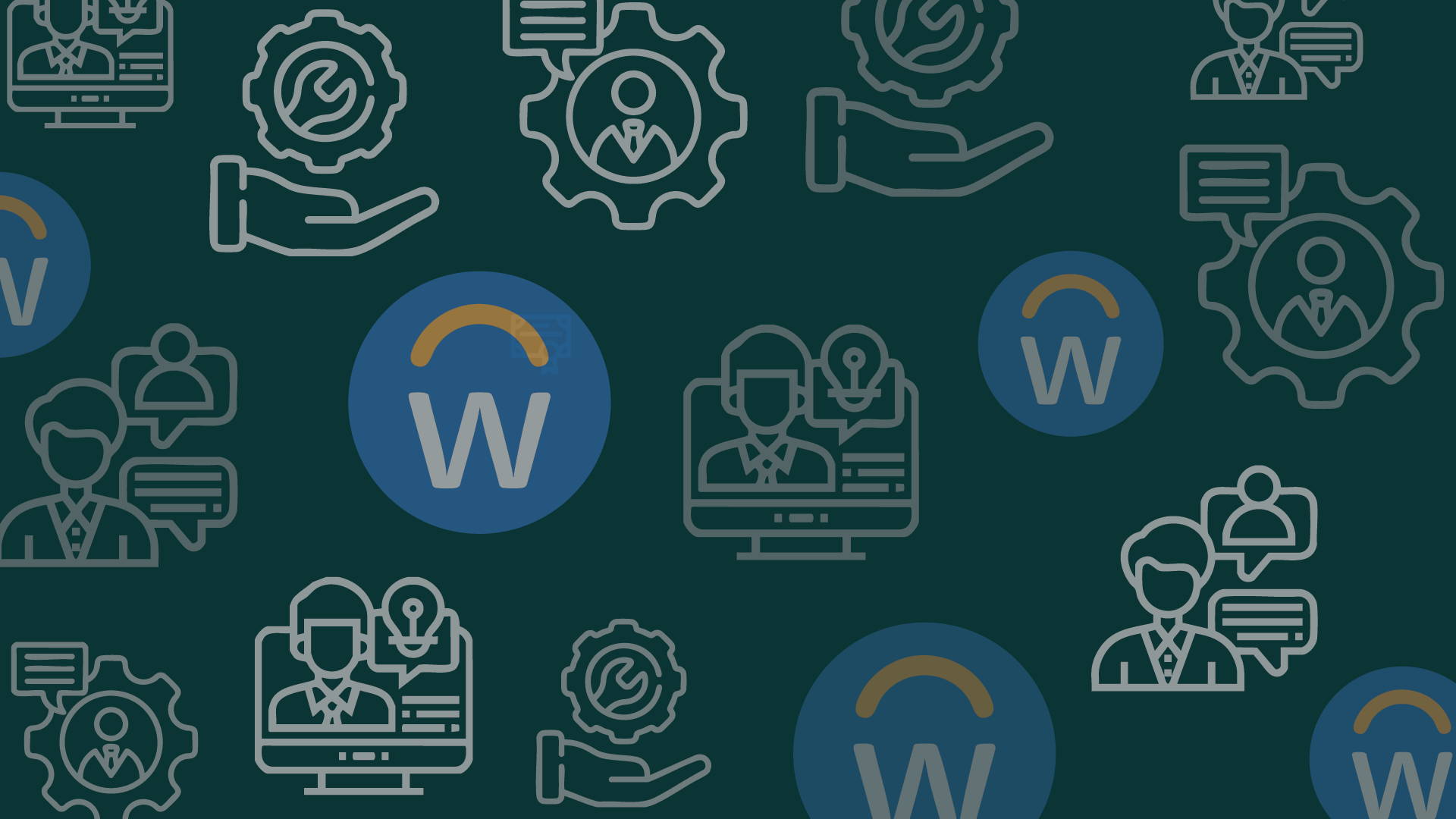Whether you’re just starting in the world of Workday or you’re looking to progress in your career, one of the first choices you’ll have to make is, should I go functional or technical?
The two paths can lead to very different daily tasks, skill sets, and long-term opportunities, but both are valuable and in high demand.
What is a Functional Workday Role?
Functional roles focus on how Workday supports business processes such as HR, payroll, talent management, and finance. Functional consultants are the bridge between end-users and the system, translating business needs into configuration and workflows.
Common Functional Roles:
Workday HCM Analyst
Workday Functional Consultant
HRIS Specialist
Workday Technical Lead
Workday Financials Consultant
Functional Lead or Business Analyst
Key Skills:
Strong technical and functional abilities are necessary for a Workday functional role.
Understanding of HR/Finance operations
Workday business process configuration
Strong communication, cross-functional and documentation skills
Experience with reporting (e.g., Workday Reports, Calculated Fields, Matric Reports)
Testing, training, support and change management
Pros:
Great for people with HR, payroll, or finance backgrounds
Strong demand, especially in large enterprises
Easier entry point for career switchers without coding experience
Cons:
Limited exposure to integrations or complex backend architecture
Can become repetitive if you don't grow into lead or strategic roles
What is a Technical Workday Role?
Technical roles are more hands-on with integrations, data migrations, and custom development. You’ll be working under the hood — connecting Workday to other systems, automating workflows, and using tools like Workday Studio or EIBs.
Common Technical Roles:
Workday Integration Developer
Workday Technical Consultant
Workday Studio Developer
Workday Technical Lead/Architect
Data Conversion Analyst
Key Skills:
XML, XSLT, Workday Studio, REST/SOAP APIs
EIBs (Enterprise Interface Builder)
Core Connectors and custom integrations
Strong debugging and data transformation skills
Familiarity with security and data governance
Data transformation and migration
Pros:
Higher earning potential in many markets
Less saturated than functional roles
Great for those with IT, dev, or engineering backgrounds
Cons:
Steeper learning curve, especially if you're new to coding
Fewer entry-level positions, often require mentorship or training
How to Choose the Right Path
Ask yourself:
Do I enjoy solving business problems and working closely with HR/Finance teams? Go Functional
Am I more into systems, code, and making tech talk to each other? Go Technical
Do I want a hybrid role eventually? Start functional and grow technical over time (or vice versa).
Many professionals start on the functional side and gradually pick up technical skills (like EIBs or basic integrations) to become more versatile and valuable.
Final Thoughts
Both functional and technical Workday roles can lead to fulfilling, high-paying careers, and if you’re not content with one side, you can switch to the other easily enough.
Workday is still growing fast, and there's a huge demand for both types of talent. Whatever path you choose, focus on real-world experience, keep learning from every release cycle, and build your network in the Workday community.
Want help deciding which path fits your background? Get in touch with the Cloud2 Consult team who can offer guidance on suitable career paths.
Get in touch today


